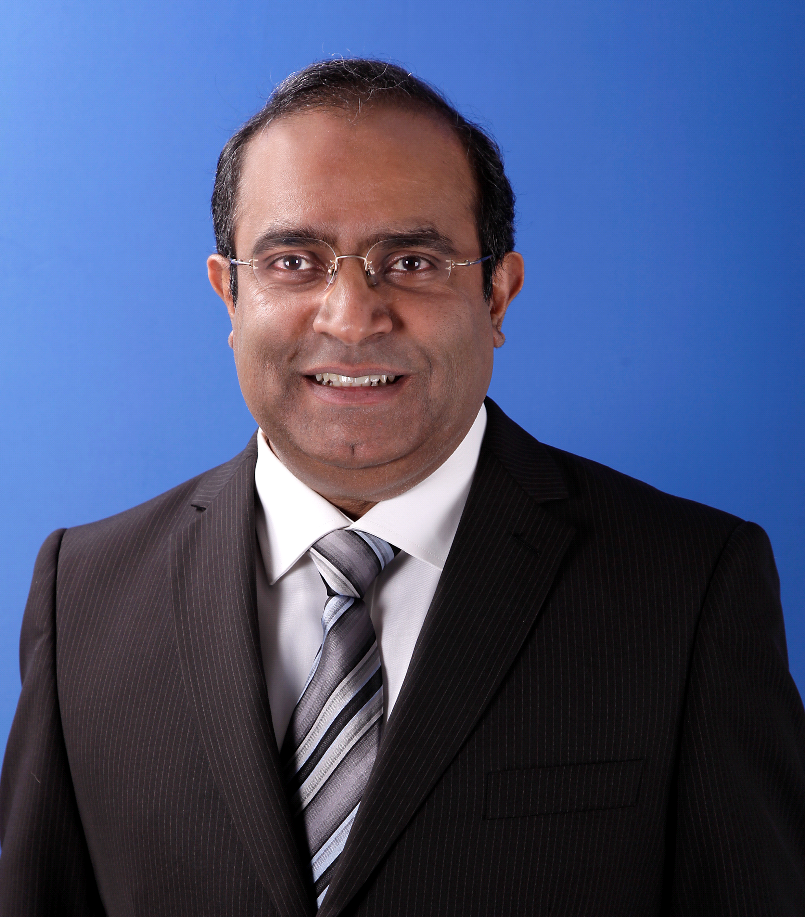Total Visits : 3948
DEAN’S FOREWORD

Professor Edmund Terence Gomez
Dean, Faculty of Economics and Administration, University of Malaya
Welcome to this conference on Economics Education in Southeast Asia, co-hosted by the Faculty of Economics & Administration, University of Malaya, and the Council of Economics Educators (CECON), based in the Philippines.
This conference has been convened in an endeavour to promote education of economics in comparative perspective, with specific focus on Southeast Asia. I wish to acknowledge the good work that CECON has long done in promoting economics education, an initiative that should be supported by academics in Southeast Asia to foster interest in this discipline among the young, as well as to ensure its manner of tutelage is in keeping with the signs of the time.
For this conference, this review of economics education will entail a focus on the tourism sector, adopting a comparative perspective in order to garner lessons on how it is taught and researched in Southeast Asia. This comparative-based discussion, to be held over these two days, also has crucial public policy implications, not just involving the tourism sector but also in terms of how we frame courses so that students understand the relevance of what they are reading in the lives of people employed in this area of the economy. For these reasons, we have gathered here experts from the region who have been involved in the teaching of economics, as well as those who have undertaken research in the area of tourism. We have also invited to this forum key policy-planers responsible for shaping the curriculum on the teaching of academic courses in tertiary institutions in Malaysia. I hope that the knowledge we obtain from this conference will be fruitfully employed to inform public policies.
Important lessons will undoubtedly accrue from the panel discussions which can have policy implications, while also providing us insights into how to improve the curriculum for the teaching of economics in our universities. I hope that these discussions will generate ideas for comparative research on public policies in economics education, with a focus on different sectors of the economy. Since the Faculty of Economics & Administration actively encourages joint research, I hope these discussions will foster research ideas that we can collectively undertake. Such comparative-based research is a mechanism also to train our post-graduate students, as well as prepare them for the teaching of this subject, including by reviewing the viability of new, even innovative, forms of tutelage, so crucial to inspire the next generation of economists.
Finally, I express my deep gratitude to my colleagues who worked extremely diligently to convene this conference. I wish all participants a fruitful and meaningful conference.